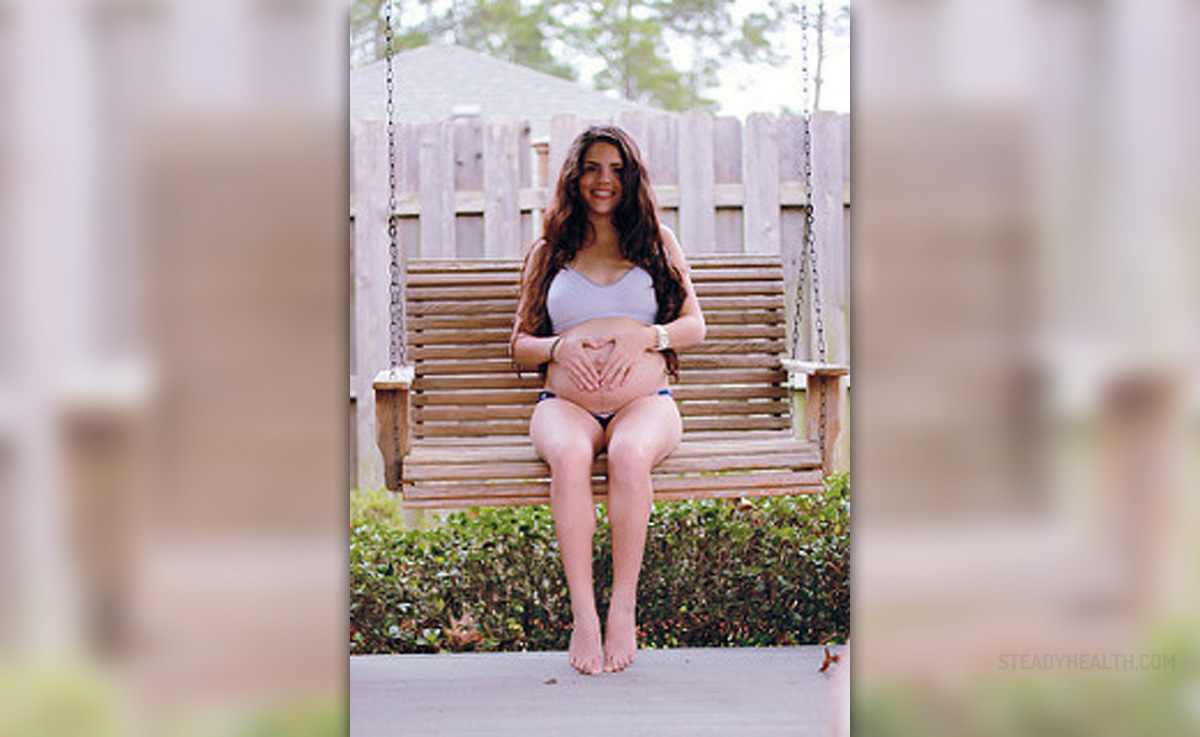
The European Society for Reproduction and Embryology says that it is possible to screen eggs prior to implantation, to determine their chromosomal status. Their preimplantation genetic screening (PGS) taskforce explains that a part of the egg called a polar body, would be used to screen eggs. This would make it possible to implant those eggs that are most likely to result in a healthy and successful pregnancy, the research team says. This new screening test would look at eggs to see if there are any extra or missing chromosomes in just 12 hours. Because the test is quick, it could be used on freshly produced embryos.
The test is called 24Sure, and researchers say that it is far more reliable than previous screening tests. With chromosome errors being the predominant cause of non-viability of the embryo, we hope this approach will in future effectively improve results in assisted reproduction, the former Chairman of the European Society for Reproduction and Embryology, and current coordinator of the PGS taskforce, Professor Joep Geraedts said: "This new development could especially benefit older women, who often have lower quality eggs compared to younger women. If a tested egg has the correct number of chromosomes, the chances that it will implant in the uterus and turn into a viable pregnancy are much higher". In the past, egg quality was determined by visual inspection (under a microscope) only, and this sure sounds a lot more reliable. I hope that the new test will appear on the market soon, and help more women have healthy pregnancies.



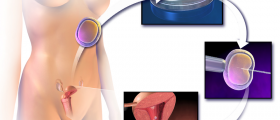
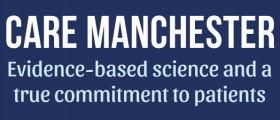

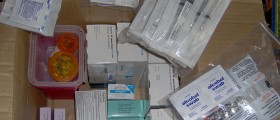


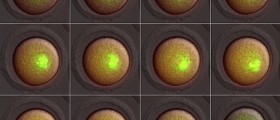





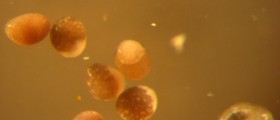
Your thoughts on this
Loading...